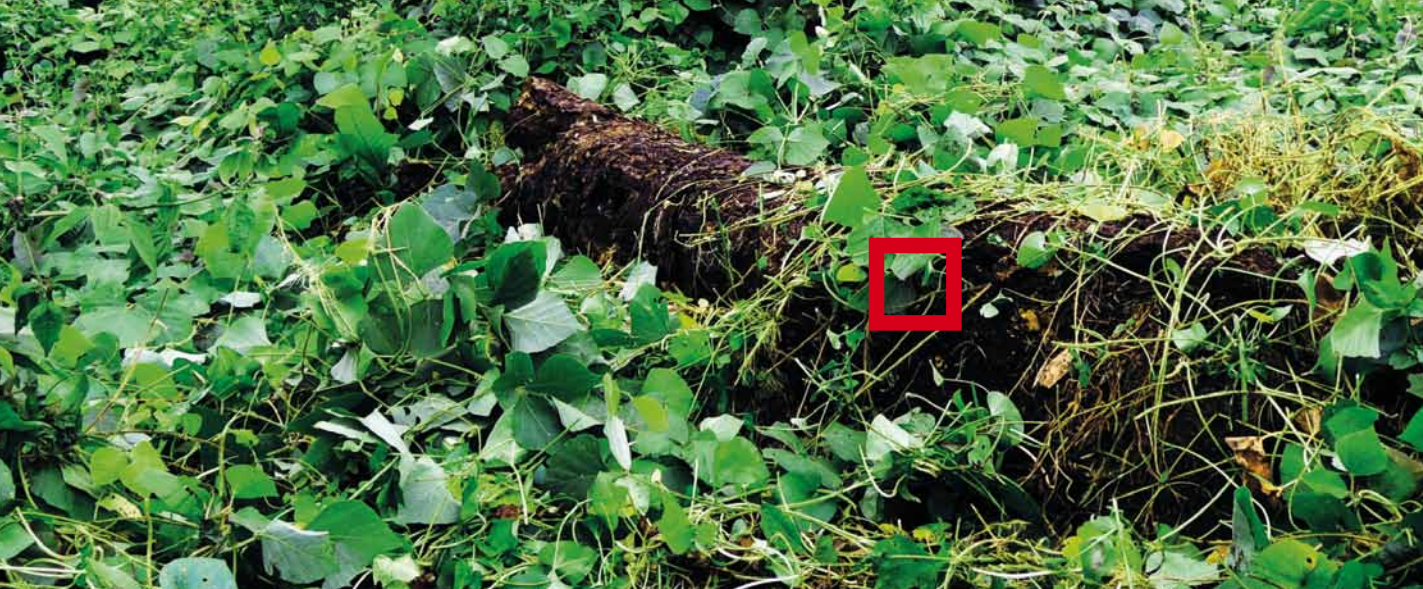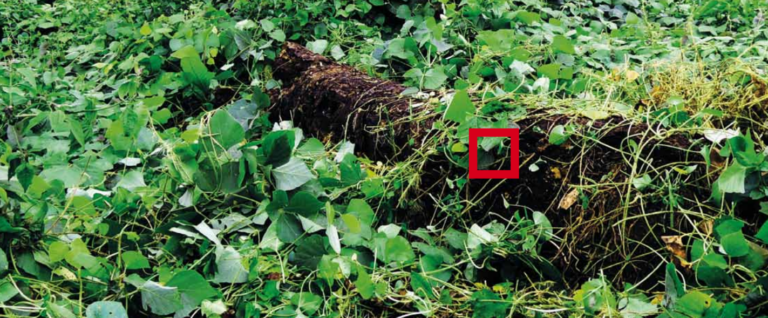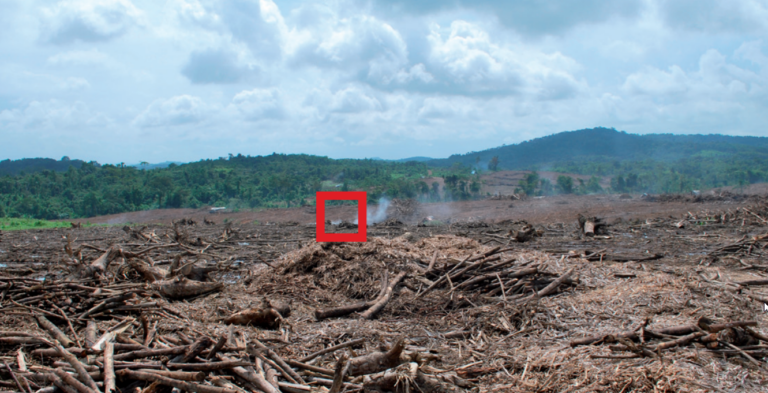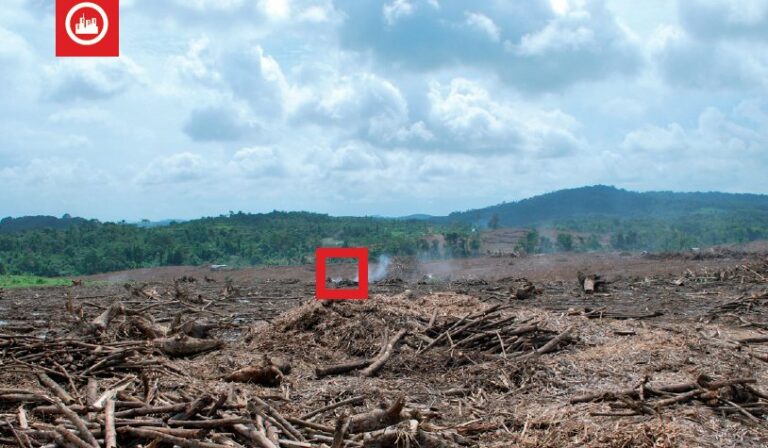
Independent report confirms U.S. Agency’s role in harm to communities in Liberia
Remedy Still in Question
A U.S. federal agency, the Overseas Private Investment Corporation (OPIC) recently released a revealing independent investigation report describing its role in a failed biomass project in Liberia. OPIC approved over US$200 million in financing for the project, operated by Buchanan Renewables (BR). SOMO has published two research reports in recent years about the impacts of BR on stakeholders in Liberia.
OPIC’s President & CEO called for the investigation following a January 2014 complaint by hundreds of Liberian farmers, charcoal producers and workers demanding accountability for the serious human rights, labor and environmental abuses, including sexual abuse by company employees of local women, caused by the project. The biomass project proposed cutting down rubber trees for biofuel, rejuvenating family farms and creating sustainable energy for Liberia. Instead, the project harmed its intended beneficiaries, while also destroying the livelihoods of charcoal producers and subjecting workers to discriminatory and unsafe working conditions.
Provide remedy for the harm
“The report(opens in new window) confirms that all three groups suffered harm from the project, and we are pleased with its detailed accounting of OPIC’s role in what went wrong. This case demonstrates that development projects designed by elites and imposed from the top down without appropriate safeguards and due diligence can lead to massive human rights violations in poor countries. Here, a project supposedly designed to alleviate poverty ended up further impoverishing the very poor,” explains Alfred Brownell of Green Advocates International, a Liberian organization representing victims. “The report reveals OPIC’s inability to track the development outcomes of its projects, which in this case caused harm to already vulnerable groups,” says Francis Colee, also of Green Advocates. “OPIC must now take responsibility for its failures by initiating a process to provide remedy for the harm suffered by farmers, charcoal producers and workers.”
Correct mistakes
Buchanan Renewables abruptly abandoned the OPIC-financed project in early 2013 without providing adequate redress to farmers, charcoal producers or workers. “The picture that emerges from this report,” explains Tim Steinweg, a senior researcher investigating the project for the Dutch organization SOMO, “is one in which OPIC did not adequately foresee or address the significant risks posed by this experimental project, including the risk that if the project failed, smallholder farmers would be left worse off. The report found that OPIC had no plans in case of project failure. Good practice dictates that OPIC correct these mistakes by addressing the harm.”
Courage
“OPIC’s President & CEO showed courage by calling for this independent investigation, the results of which reveal serious gaps in her agency’s risk management systems,” says Sarah Singh of Accountability Counsel, a legal organization representing victims. “We now call on her to show similar leadership by initiating a remedial process to address the harm caused by OPIC’s failure to identify and protect vulnerable groups.”
Background information
- The report, authored by OPIC’s independent Office of Accountability, is available here(opens in new window)
.
Download OPIC’s short response here(opens in new window) .
The complaint to OPIC’s President and CEO, a detailed report documenting these abuses, and a video are available here(opens in new window) .
SOMO has published two research reports in recent years about the impacts of BR on stakeholders in Liberia:
- Burning Rubber: Buchanan Renewables’ Impact on Sustainable Development in Liberia
- Cut and Run: Update on the impact of Buchanan Renewables’ operations and Vattenfall’s divestment
Do you need more information?
-

Joseph Wilde-Ramsing
Advocacy Director
Partners
Related content
-
Cut and Run Published on:
 Joseph Wilde-RamsingPosted in category:Publication
Joseph Wilde-RamsingPosted in category:Publication Joseph Wilde-Ramsing
Joseph Wilde-Ramsing
-
Burning Rubber Published on:T. SteinwegPosted in category:PublicationT. Steinweg

-

-


